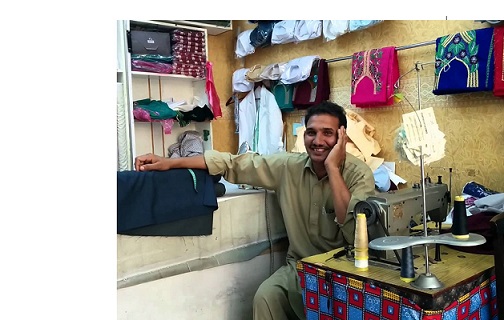Access to finance is frequently listed as one of the most important constraints on the expansion of small firms in low-income countries. Many existing studies focus on the role of debt as a source of capital; a more recent literature complements this by considering the potential effect of savings. This projects considers an innovative third approach, in which MFI and microenterprise share equity in an asset. The researchers hypothesize that such lease-like contracts have the potential to provide a more flexible source of capital that could stimulate transformational entrepreneurship and lead to wider economic and employment growth in many developing countries. Equity-based products could outperform traditional microcredit products by allowing entrepreneurs to make higher risk and higher return investments. They also have the potential to serve a large number of Muslim entrepreneurs, many of whom are unbanked because of classical religious prohibitions on interest.
This project explores the feasibility of such a product and its impact on microenterprises in Pakistan, using a randomized controlled trial methodology. One of the major challenges to running such a trial is in finding a partner microfinance institution that is willing to take an equity stake in assets for relatively high-risk microenterprises. The researchers are working with Akhuwat, a large microfinance institution based in Lahore.
If equity financing is shown to be successful, it could be an attractive alternative to high interest debt financing tools. Also, as microfinance has spread throughout Asia, this new equity-based product could easily be implemented by established MFIs. This product has the potential to boost growth and investments in small firms and the results of the study will be of direct interest to policy-makers in Pakistan and abroad.






